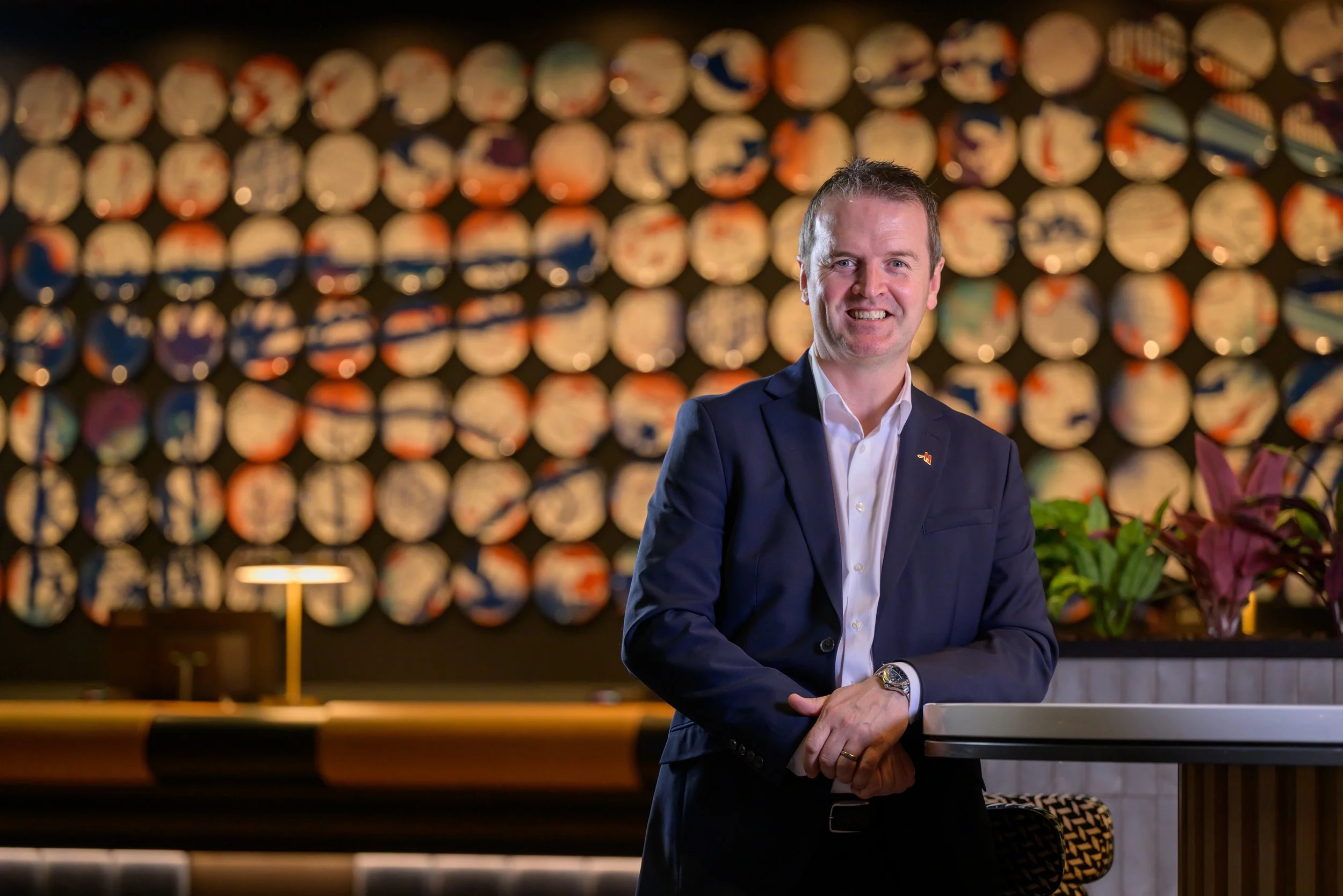Embracing the drive towards sustainability across the construction industry
The climate emergency presents a significant challenge for our industry, but also a once in a lifetime opportunity to build a greener, brighter recovery for future generations
In less than three weeks’ time, the eyes of the world will be on Glasgow when Scotland’s largest city hosts the prestigious COP26 summit. World leaders, negotiators and journalists will be amongst the 25,000 people who arrive en masse for the most important climate change conference there has ever been.
The COP26 summit is crucial to tackling the climate emergency and there can be little doubt that the construction industry has a fundamental role to play in helping to achieve ambitious environmental targets - it will be under the spotlight on the final day of the summit.
Yet, the construction industry is already taking steps to bolster its sustainability credentials - an industry trend that was accelerated by the COVID-19 pandemic. Despite construction sector challenges worsened by the pandemic - such as shortages of materials and skilled labour - there is widespread commitment and focus in our industry to reduce our carbon footprint and place sustainability at the core of everything that we do. For our company, Akela Group, this means adopting sustainable practices across all areas of our business including construction, civil engineering and piling.
Fortunately, Akela Group has always taken an innovative approach to sourcing materials. For example, reducing waste by using steel tubular piles returned to shore by oil companies for recycling. We have also invested in plant equipment that can recycle site inherited materials for reuse on that project thereby reducing the impact on landfill and decreasing our carbon footprint. On various developments, we are modifying the soils on site, reusing materials to negate the need to import quarry materials and therefore reducing the disposal of surplus material to landfill and minimising the site’s carbon footprint.
Before beginning a project, we identify environmental impacts which affect our sites through a pre-construction evaluation assessment. The technical team and Akela Group’s Health and Safety Advisor review all environmental documentation provided by our clients and other stakeholders and from that, we develop soil strategy, pollution prevention and storm water management plans which we then actively monitor and update when necessary.
While a combination of client demand, changes to environmental policy and social factors have been the catalyst for industry change, we have found that there are benefits to becoming greener both in terms of corporate social responsibility (CSR) and profitability. The two are not mutually exclusive as the industry transitions towards a greener future. Businesses in the construction industry are faced with a clear choice - embrace the inevitable shift towards sustainability and the benefits it has to offer, or risk being left behind.
Akela Group will continue finding innovative solutions to reduce our carbon footprint as part of our wider commitment to doing more good than harm in the local communities in which we operate.
Essentially, the climate emergency presents a significant challenge for our industry, but also a once in a lifetime opportunity. An opportunity to build a greener, brighter recovery for future generations.
Akela Group is amongst those organisations that are making great progress when it comes to sustainability - but as the industry races to recover and return to pre-pandemic growth rates, it is paramount that we continue to do everything within our control to reduce our carbon footprint. Short-termism can not come at the expense of protecting the planet and the industry needs to embrace the drive towards sustainability long after COP26.
Mark Markey, Managing Director, Akela Group







